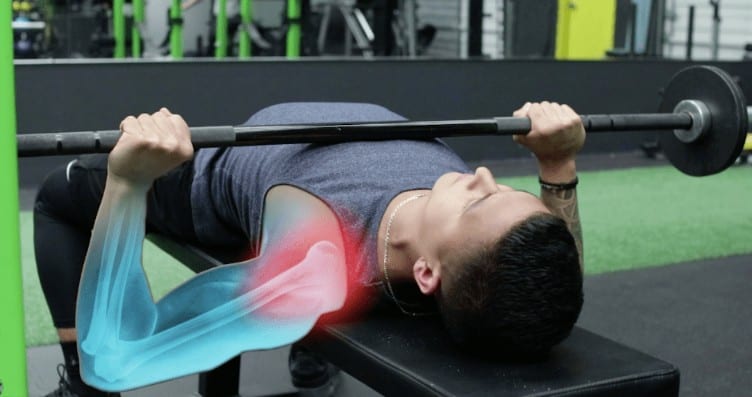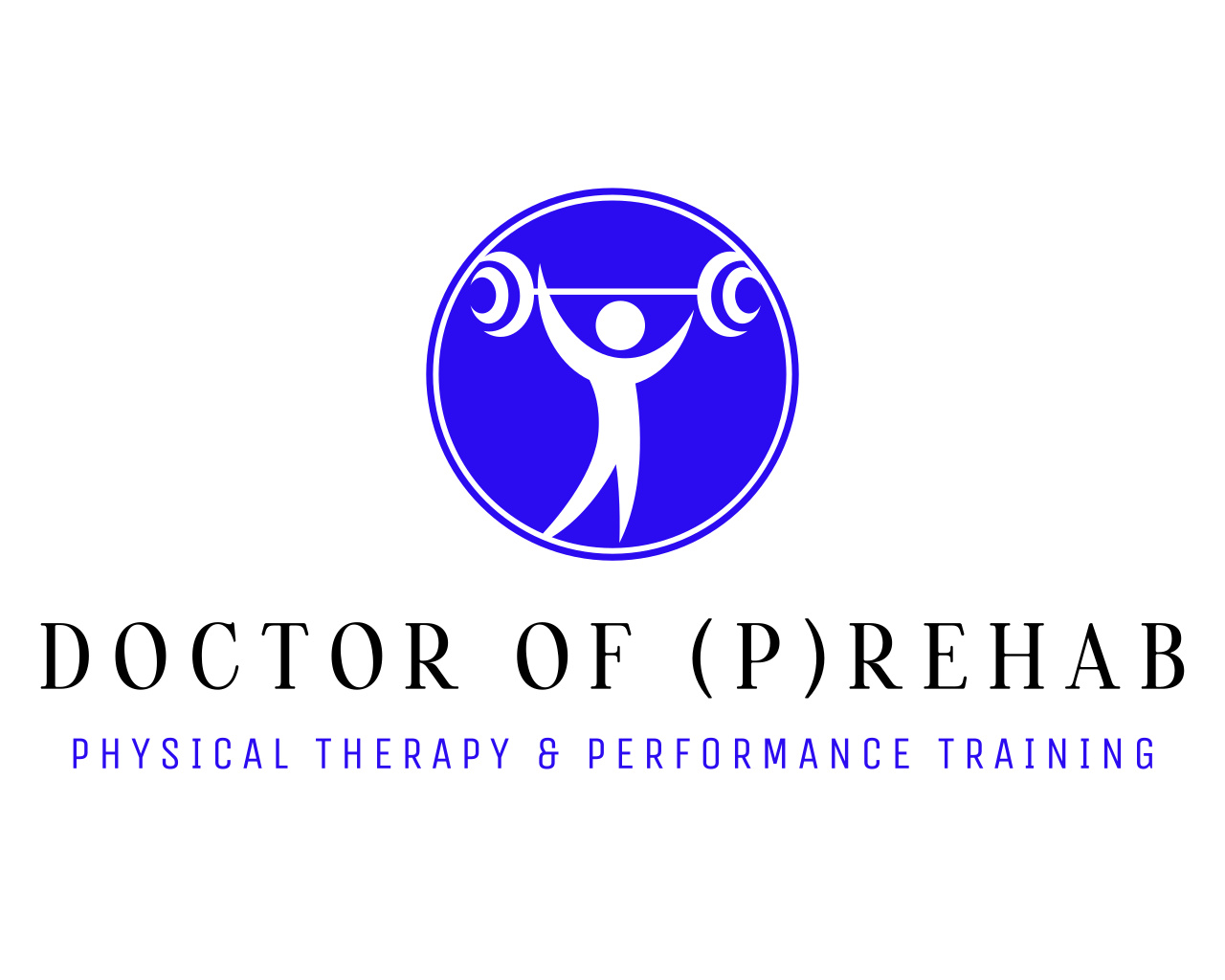
Shoulder Pain with Bench Pressing

Understanding and Addressing Shoulder Pain in Bench/Shoulder Press Movements
Shoulder pain during bench or shoulder press, push ups or other pressing movements can be a frustrating obstacle for fitness enthusiasts and athletes alike. In this blog, we'll delve into the intricacies of shoulder pain, explore the importance of posterior (back) shoulder strength and stability, and discuss how physical therapy can play a pivotal role in alleviating discomfort and optimizing performance.

Pain is a common complaint among individuals who perform pressing exercises and movements, often stemming from a variety of factors such as poor biomechanics, muscular imbalances, and overuse injuries. Understanding the underlying causes of shoulder pain is crucial for effective management and prevention of further injury. One of the common reasons for shoulder pain during pressing movements is shoulder instability or a muscular imbalance between the anterior (front) and posterior (back) shoulder muscles.

In the pursuit of pressing heavy weights overhead, many individuals neglect the importance of posterior shoulder strength and stability, particularly the rotator cuff and mid/lower trapezius muscles. These muscles play a crucial role in maintaining proper shoulder alignment and function during pressing movements, acting as stabilizers to prevent excessive anterior translation of the humeral head. If these muscles are weak and do not function properly it can cause instability during your pressing movements that may become painful overtime. Incorporating exercises that target the posterior shoulder/shoulder blade musculature, such as face pulls, reverse flyes, and external rotation exercises, can help restore balance to the shoulder complex, reduce the risk of injury, and enhance overall performance in bench and shoulder press exercises.

Physical therapy is a cornerstone of comprehensive shoulder pain management, offering a evidenced based approachs and treatments that addresses both the symptoms and underlying causes of discomfort/pain. Through a combination of manual therapy techniques, therapeutic exercise, and patient education, physical therapists can help improve shoulder mobility, strengthen stabilizing muscles, and optimize movement patterns to alleviate pain and restore function. From soft tissue mobilization to corrective exercise prescription, a tailored physical therapy program can empower individuals to overcome shoulder pain, enhance performance, and regain confidence in their training regimen.
Conclusion
Shoulder pain during bench or shoulder press exercises is a common challenge that can hinder performance and impede progress towards fitness goals. By understanding the complexities of shoulder anatomy, prioritizing posterior shoulder strength and stability, and seeking guidance from qualified healthcare professionals, individuals can mitigate the risk of injury, alleviate discomfort, and optimize their training experience. Remember, proactive management and targeted interventions are key to overcoming shoulder pain and unlocking your full potential in the gym.
Phone: (727)610-8482
Email: jmulkeydpt@gmail.com

Instagram
TikTok